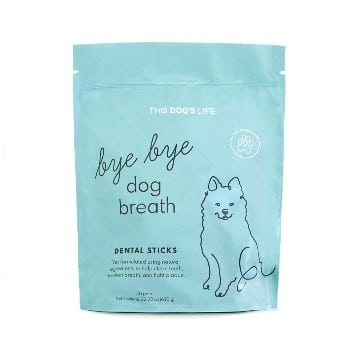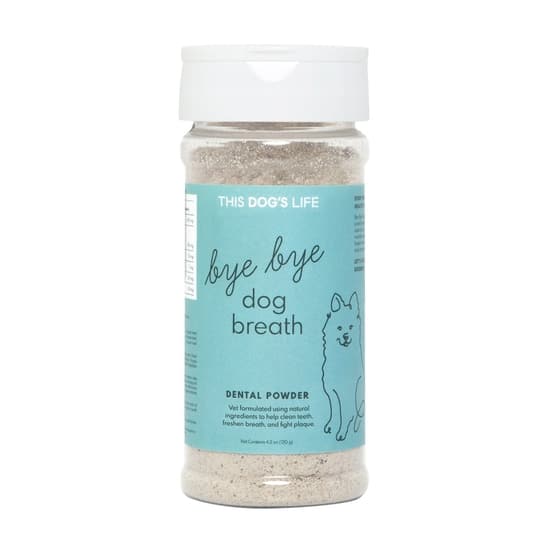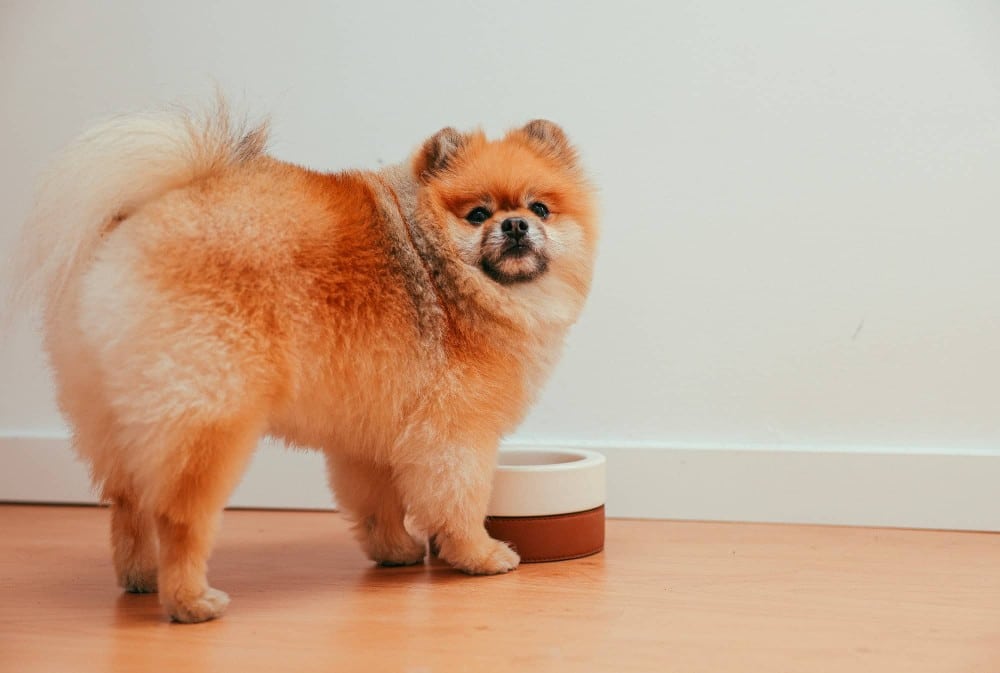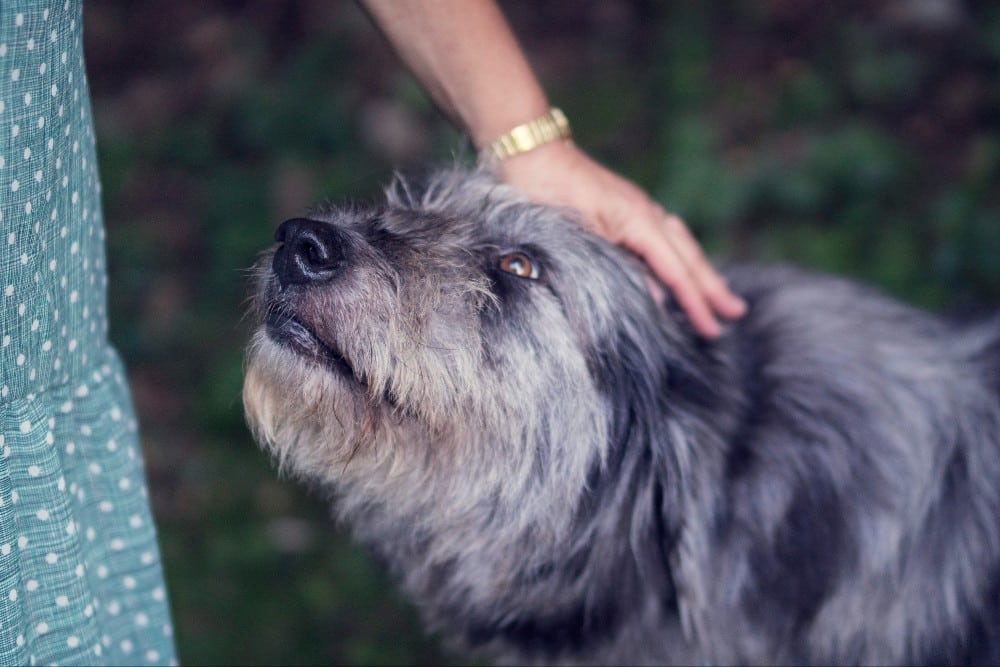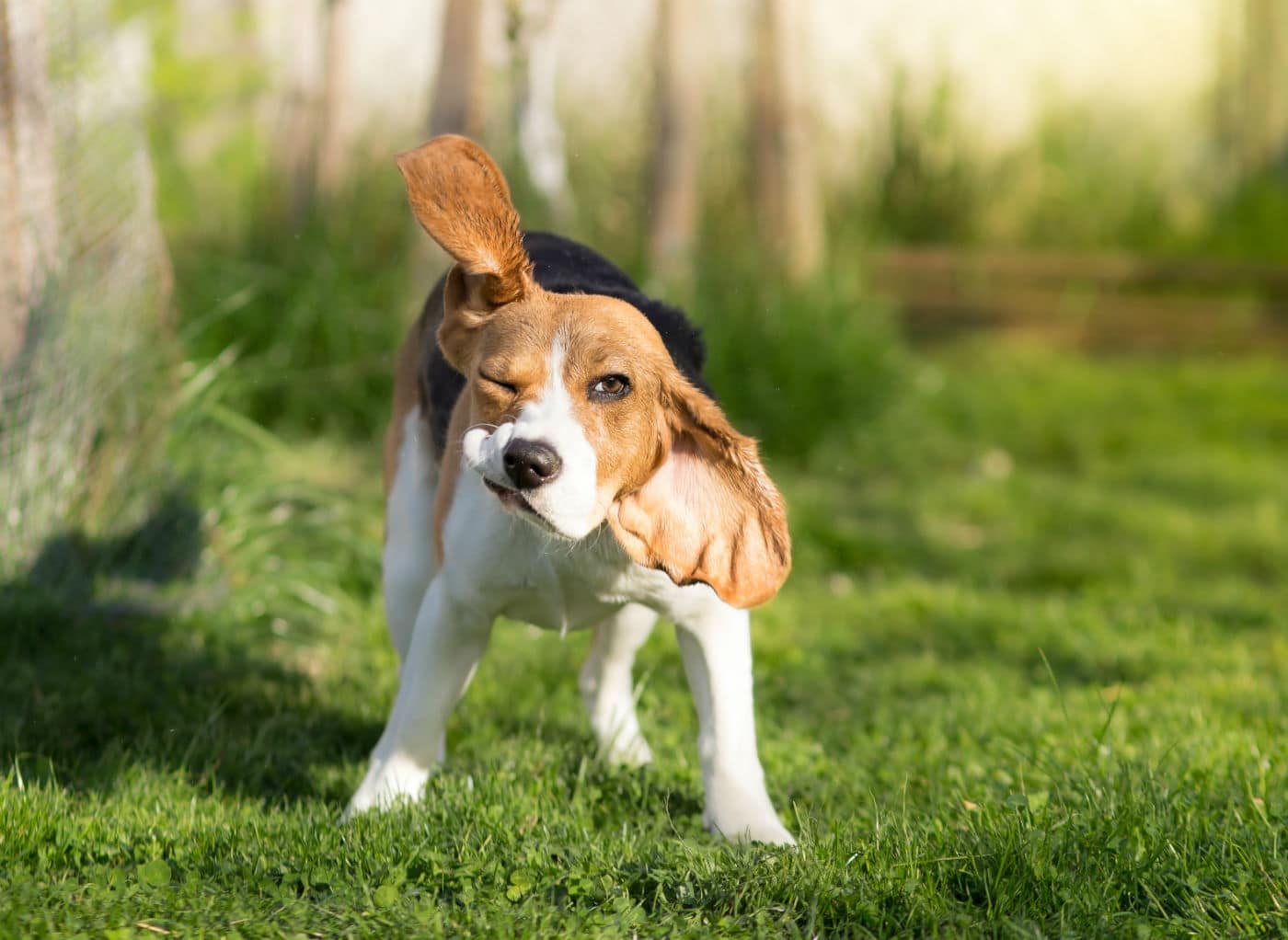When it comes to dog wellness, there are some trends that become so popular that we don’t know whether they’re factual or merely a fad with baseless claims. This can cause a lot of confusion as to what’s actually good for your pup.
We’ve certainly heard about the benefits of probiotics for us humans. But when it comes to our furry friends, does the same apply?
We spoke with experts to get the scoop on probiotics for dogs — and if they do have any real benefits.
What Are Probiotics? And When Might a Dog Need Them?
Probiotics are live bacteria and yeast that are beneficial to the digestive system. Their role is to ultimately enhance the gut microbiome, which is home to the billions of microorganisms in your dog’s body.
Your dog’s gut microbiome is responsible for supporting her overall health in the form of:
- Controlling digestion
- Fighting off harmful bacteria
- Producing nutrients and vitamins
- Regulating and boosting the immune system
“Probiotics can help rebalance the natural gut flora,” says Dr. Sara Ochoa, veterinarian at Senior Tail Waggers and at Whitehouse Veterinary Hospital. “Giving these to your dog can help them maintain a healthy gastrointestinal (GI) tract.”
This is especially helpful for dogs with GI issues (e.g. constipation, loss of appetite, vomiting) or diarrhea. Pups experiencing cramping, bad breath, skin conditions, allergies, and gas can also benefit from taking probiotics.
These symptoms can be due to factors, such as stress, diet, age, bacterial imbalance, parasites, or medications like antibiotics that eliminate both helpful and unhelpful bacteria.
Dr. Ochoa says most dogs will benefit from taking probiotics — to some extent. However, if your dog is healthy and on a balanced diet, the benefits of adding probiotics into their diet will be limited, she says.
Related: How the Gut Impacts Your Dog’s Breath — and What to Do About It
Benefits of Probiotics for Dogs
Probiotics are anything but a fad when it comes to your dog’s wellness. They’ve been studied, and like humans, have been proven to be effective for dogs with a number of benefits.
Promote overall health
Dr. Katie Pagán, Partner Doctor at Heart + Paw Fells Point, says, “Probiotics strengthen the immune system and create lots of good bacteria within the gastrointestinal tract.”
The increase in good bacteria can prevent GI issues for dogs with sensitive stomachs, as well as help dogs who have mild diarrhea, pancreatitis, gastroenteritis, and parvovirus, Dr. Ochoa adds. .
She explains, “These diseases kill off the normal bacteria found in your dog’s intestines and allow the bad bacteria to overgrow.” Implementing a probiotic supplement into your dog’s diet can aid in restoring her health and getting her back on track.
Alleviate stress and anxiety
The gut is often referred to as the “second brain” due to the communication it has with the brain.
A study found dogs who took the probiotic strain known as bifidobacterium longum (BL999) showed “an improvement in day-to-day anxious behavior including reductions in barking, jumping, spanning, and pacing…”
This is an interesting find about the gut-brain axis and how probiotics can help regulate dogs’ moods.
Improve diet with good bacteria
Dogs who are older, sick, or are recovering from being ill need extra good bacteria to boost their immune systems, according to Dr. Ochoa. “Probiotics can improve the diets of senior dogs with conditions, such as cancer, or the diets of dogs that have recently been sick,” she says.
This additional bacteria can improve their immunity and gut health for overall wellness.
Eliminate stinky dog breath
If your pooch has bad breath, despite having healthy, pearly whites, gastrointestinal problems can be the culprit causing her bad breath.
Veterinarian Jim D. Carlson, holistic veterinarian and owner of Riverside Animal Clinic & Holistic Center, previously told This Dog’s Life, “If there’s maldigestion or malabsorption, it creates a leaky gut and allows pathogens to permeate the wall of the intestine and enter the body through the lymphatic system. Then the pathogens can travel throughout the body. These chemicals can be released through the mouth in the form of an odor.”
Because gut health and breath are closely connected, probiotics can aid in any bacteria imbalances and thus, freshen your dog’s breath.
Good Sources of Probiotics for Dogs
Probiotics can easily be added into your dog’s diet, no matter whether you choose to give them in the form of food or supplements.
Natural foods like plain, non-fat yogurt and kefir with live cultures contain probiotics. However, because our pups’ stomachs can be sensitive to dairy, it’s best to give in small amounts. You’ll also want to steer clear of any product that contains xylitol, as the artificial sweetener is toxic to dogs.
Often, a more effective option are probiotics in supplementary forms, such as powders, chews, tablets, sprays, and capsules. The various types (and flavors) make it convenient to find one your dog will enjoy.
Probiotics that support dental health
It’s important to mention to only give your pup probiotics that are made for dogs, and not humans.
Related: 5 Dog Food Toppers to Help Boost Your Pup’s Health
What To Look For in Probiotics for Dogs
“When shopping for a probiotic, look at the CFU, or colony forming units. This is the amount of bacteria that is found in the product. The more CFUs, the better,” Ochoa says. It’s also a good idea to look for a supplement aimed toward your dog’s life stage and is formulated by a trusted pet brand.
Ochoa suggests following the recommended dosage on the package, particularly when it comes to dog treats that contain probiotics, to prevent weight gain or diarrhea in your pup.
Because not all supplements are created equally, Pagán says a recommendation from your veterinarian based on your dog’s needs is always best!














